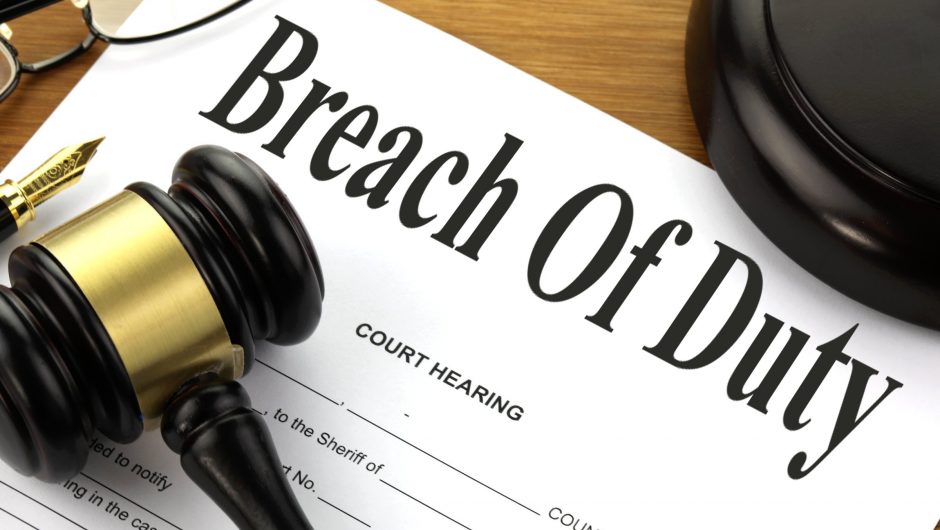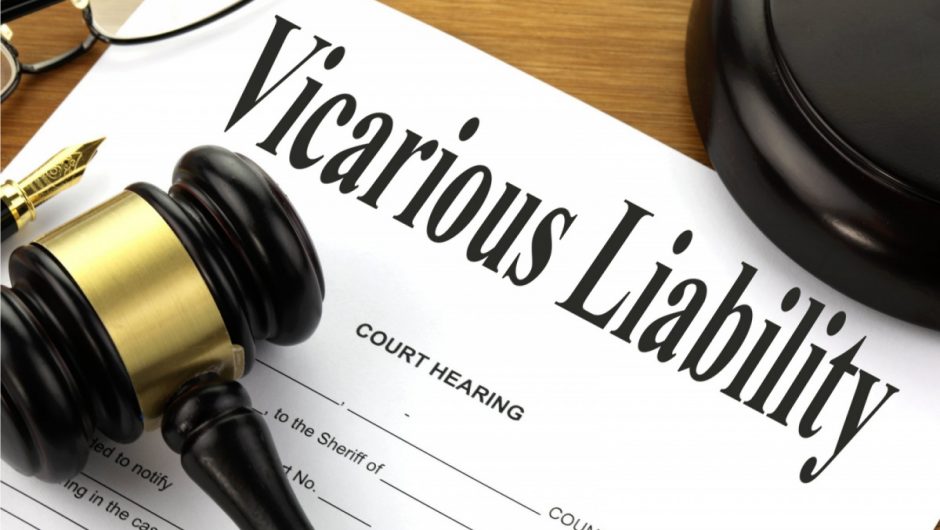By paying insurance, you’re putting your trust in a company to do the right thing. A bad faith insurance act is when a company doesn’t live up to their end of the contract. Tactics vary, yet they all lead to the same bad consumer practices. To avoid unfair business dealings, take these five steps to protect yourself.
1. Notice the Signs
Check the latest reviews about the company – have they dipped in quality? How long do you have to wait on the phone to reach a representative? Both of these small questions can lead to big revelations about the next step moving forward. If your current insurance company has lost its reputation, then the current contract may be in danger. Waiting too long to acknowledge this will out you in a bad position when quality insurance coverage is needed.
2. Reread Your Policy
Before you reach out to the company, go over the policy. Things that you claim are unfair may be clearly written in the contract. Make sure that you didn’t miss important fine print information that could change your coverage. If there are too many variables to decipher, contact the company for an explanation. If their information doesn’t check out, then you can move forward with your grievances. Don’t make assumptions about your coverage that can’t be clearly defined in the policy.
3. Request A Supervisor
When delays and misinformation become the weapon of an insurance company, requesting a supervisor is the next step. Up to this point, you’ve already gained a better understanding of the policy. If the supervisor uses the same stonewall tactics, write a final demand letter about the claim. Give the company adequate time to respond, especially if your current claim is pending for a lesser amount. When the insurance company doubles down on a denial or lesser claim, you can move on to a bad faith lawsuit.
4. Document Everything
Your defense comes down to a good lawyer, and a ton of paperwork. Document everything, and keep copies in a safe place. If there were changes in your insurance policy, note the differences. The proof in a bad faith lawsuit will favor the side that has the documents backing their position. A lawsuit is no simple task, and suing a company can include additional claims.
5. Keep in Contact
Proper communication can speed up any lawsuit. Keep an open dialogue with your attorney about the case. When they request documents, have them ready with a quick turnaround. In order to get what’s owed, work with your attorney rather than against them. An insurance company should never get away with fraud, breach of contract or negligence. Taking them to court with the help of an attorney is the best way to send that message.
Wrap Up
Quality customer service is a viable reason to select one insurance company over another. Although states define what is considered a bad faith practice, your expectations should always factor into the contract value. Find one that fits your lifestyle, and second guessing it will never be an issue.












